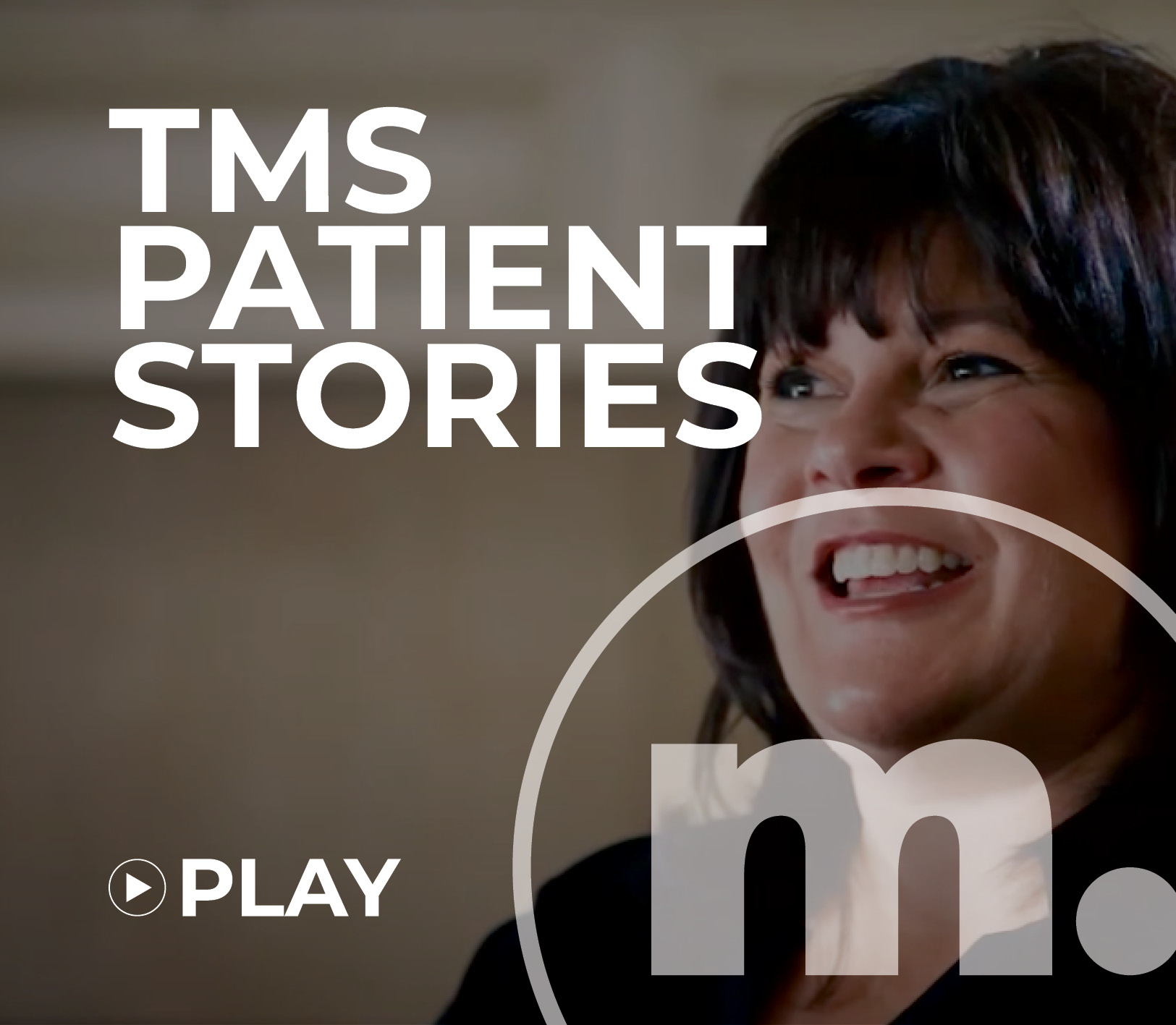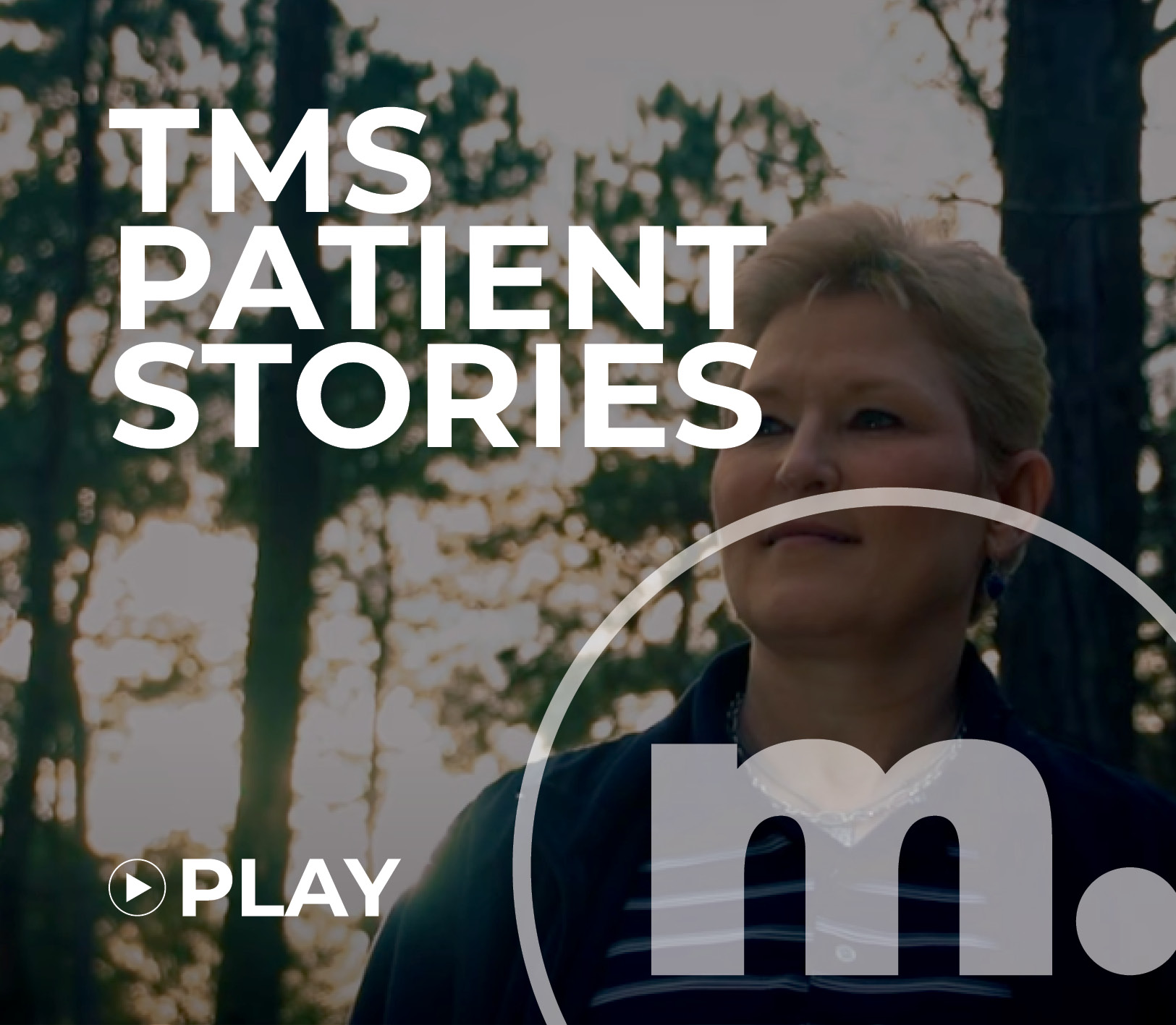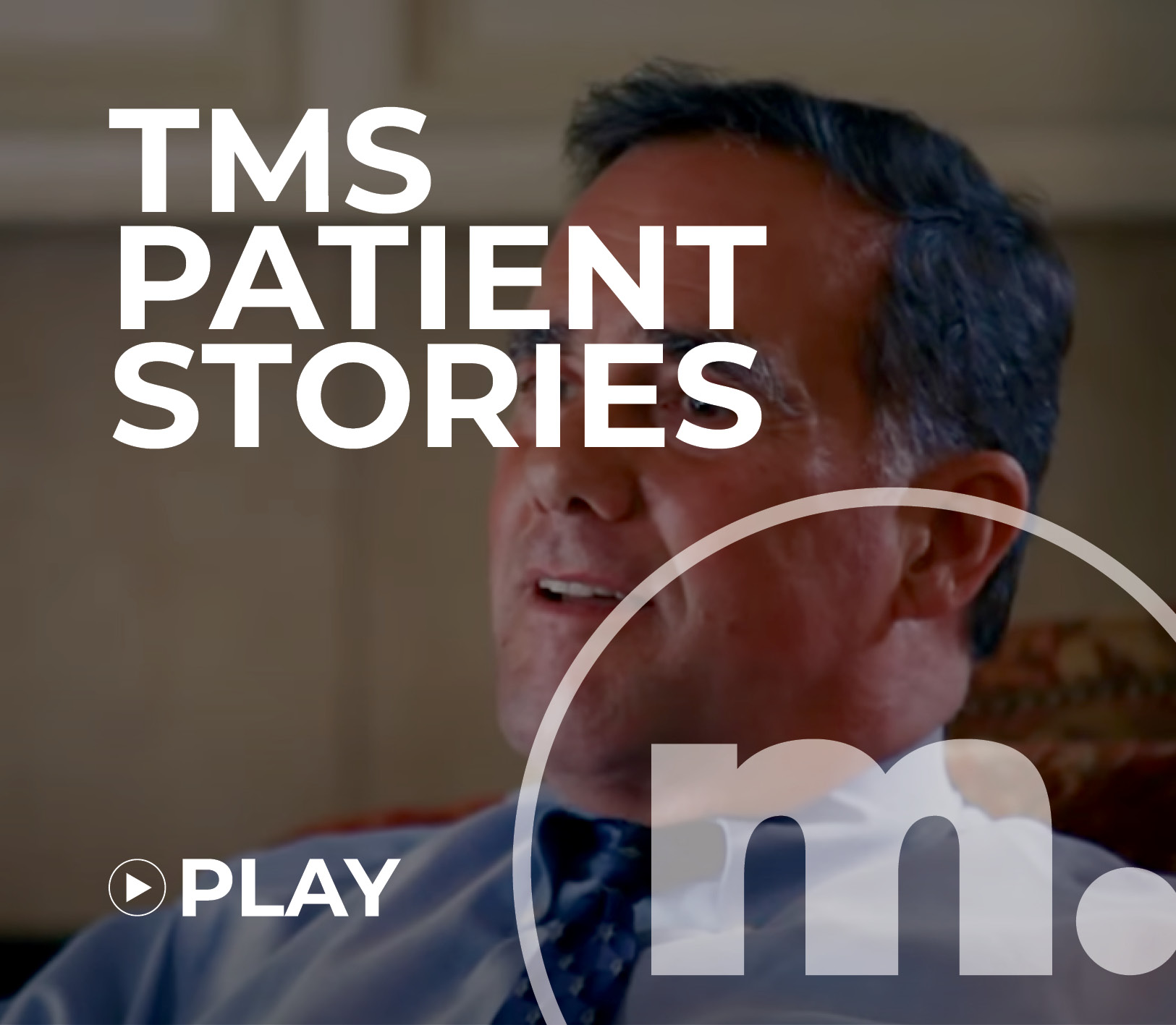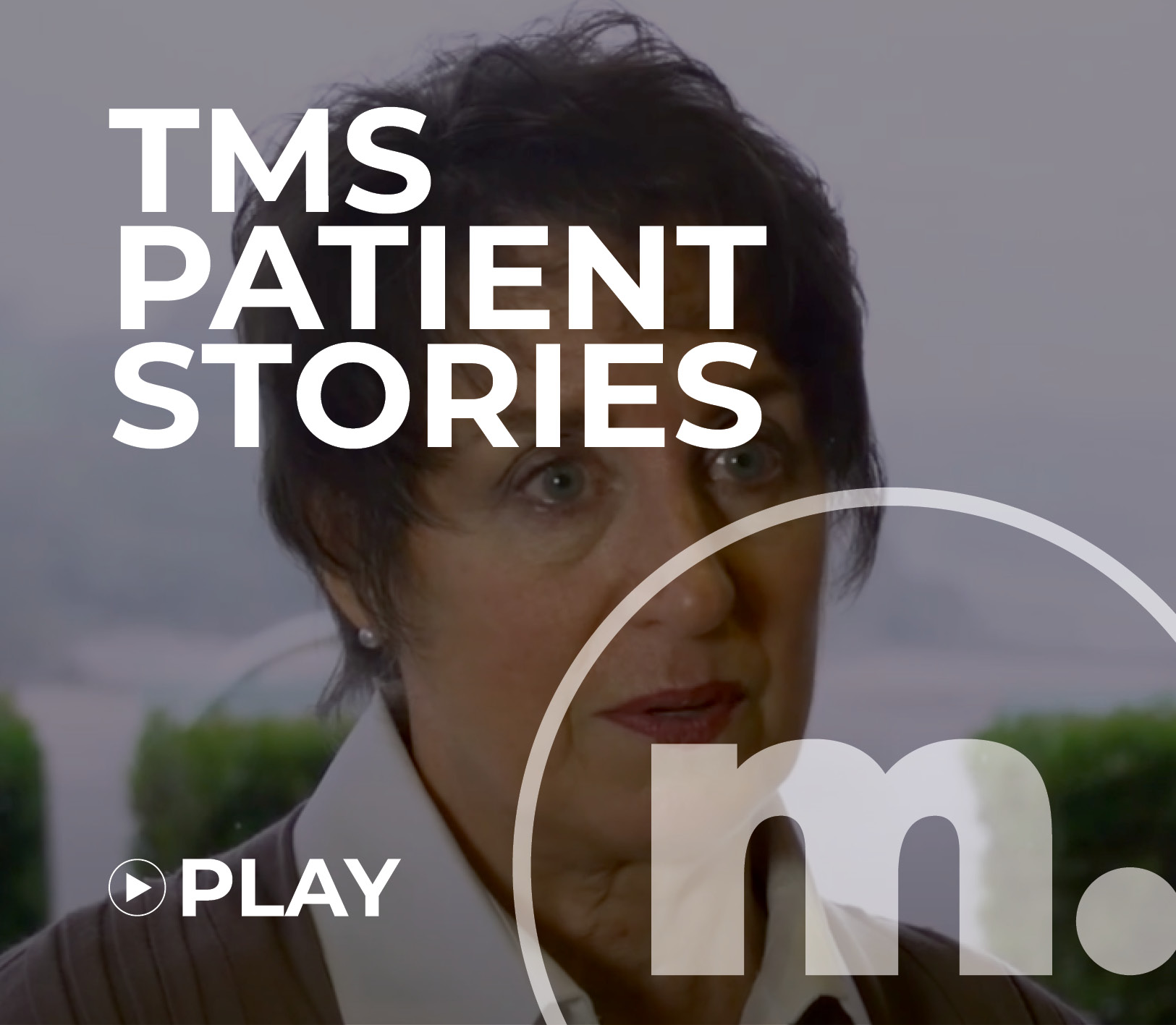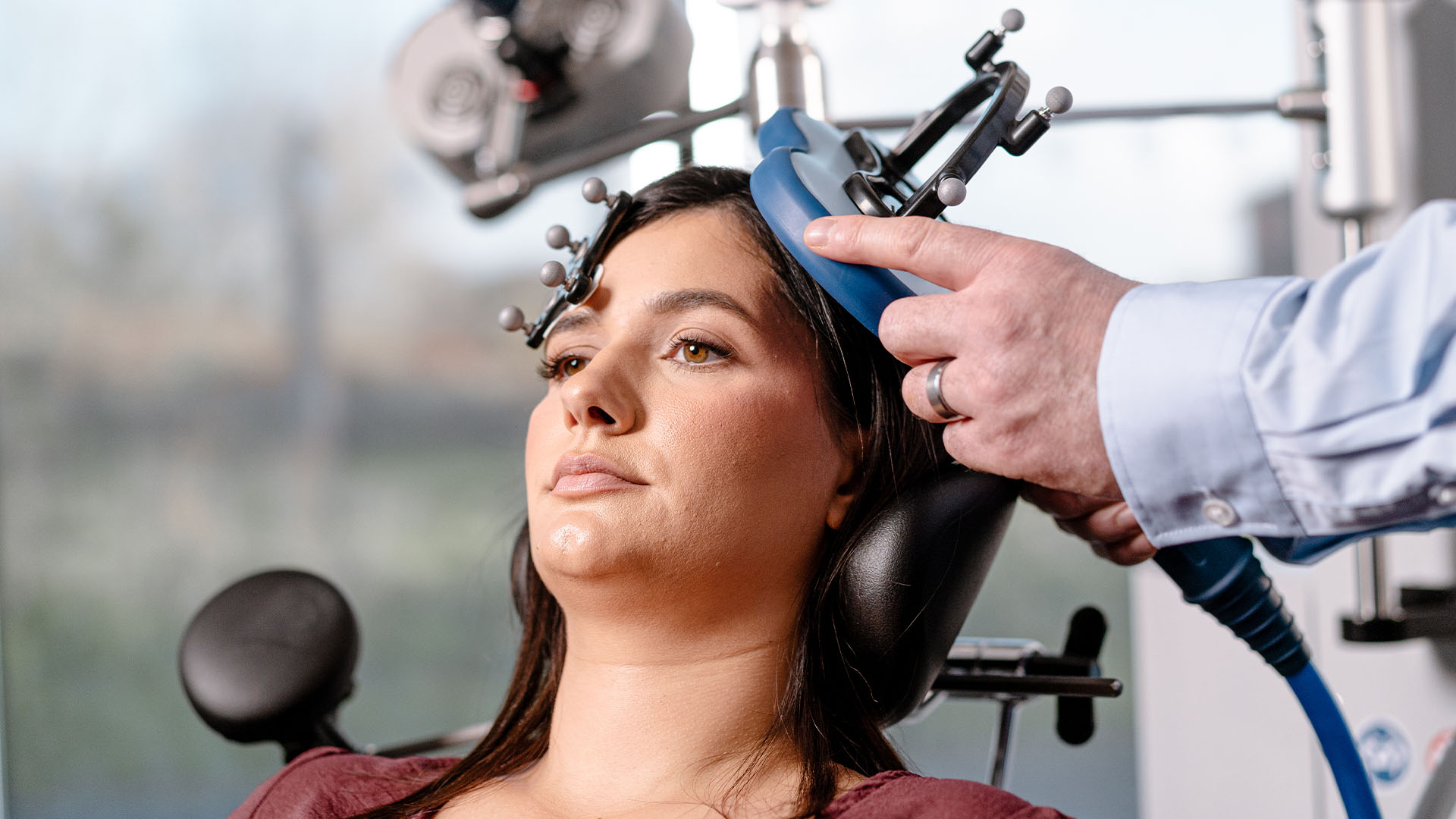
TMS therapy a solution for MDD
Depression is a common mental disorder that globally affects an estimated 5% of adults, who suffer from depression*. (*WHO). TMS therapy uses a focused magnetic coil to rapidly pulse a magnetic field to the targeted area of the brain. This stimulates the targeted brain cells into activity, increasing brain activity back to a normal level.
TMS for MDD
TMS is increasingly being adopted by psychiatrists in cases where antidepressant medication is ineffective and before invasive treatments like Electroconvulsive Therapy (ECT) are considered. Magstim TMS is FDA and UKCA cleared for the treatment of Major Depressive Disorder (MDD).
Contact your physician or check out our list of to find a physician near you who offers TMS treatment for MDD.
With MDD there are biological alterations in the brain, including an imbalance of activity in frontal brain regions.² These areas of the brain are involved in important mental processes and also have connections with deeper brain regions responsible for emotions.³ Due to the ability of rTMS to alter brain activity, it was first proposed as a therapy for MDD in the mid-1990s4. Since then, numerous studies have demonstrated the safety and effectiveness of rTMS in MDD, especially in treatment-resistant patients who have not responded to antidepressants.5
References
¹O’Reardon, J. P., Solvason, H. B., Janicak, P. G., Sampson, S., Isenberg, K. E., Nahas, Z., … & Demitrack, M. A. (2007). Efficacy and safety of transcranial magnetic stimulation in the acute treatment of major depression: a multisite randomized controlled trial. Biological psychiatry, 62(11), 1208-1216.
²Henriques, J. B., & Davidson, R. J. (1991). Left frontal hypoactivation in depression. Journal of abnormal psychology, 100(4), 535.
³De Raedt, R., Vanderhasselt, M. A., & Baeken, C. (2015). Neurostimulation as an intervention for treatment resistant depression: From research on mechanisms towards targeted neurocognitive strategies. Clinical Psychology Review, 41, 61-69.
4Höflich, G., Kasper, S., Hufnagel, A., Ruhrmann, S., & Möller, H. J. (1993). Application of transcranial magnetic stimulation in treatment of drug‐resistant major depression—a report of two cases. Human Psychopharmacology: Clinical and Experimental, 8(5), 361-365.
5Gaynes, B. N., Lloyd, S. W., Lux, L., Gartlehner, G., Hansen, R. A., Brode, S., … & Lohr, K. N. (2014). Repetitive transcranial magnetic stimulation for treatment-resistant depression: a systematic review and meta-analysis. J Clin Psychiatry, 75(5), 477-489.
6Carpenter, L. L., Janicak, P. G., Aaronson, S. T., Boyadjis, T., Brock, D. G., Cook, I. A., … & Demitrack, M. A. (2012). Transcranial magnetic stimulation (TMS) for major depression: a multisite, naturalistic, observational study of acute treatment outcomes in clinical practice. Depression and anxiety, 29(7), 587-596.




